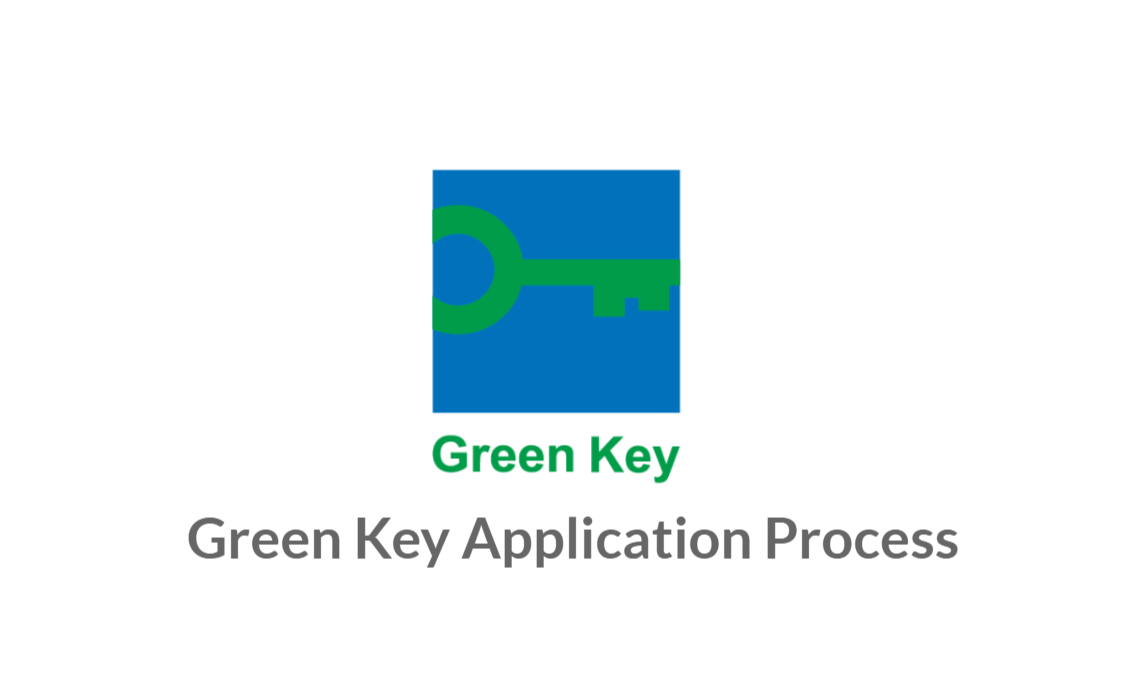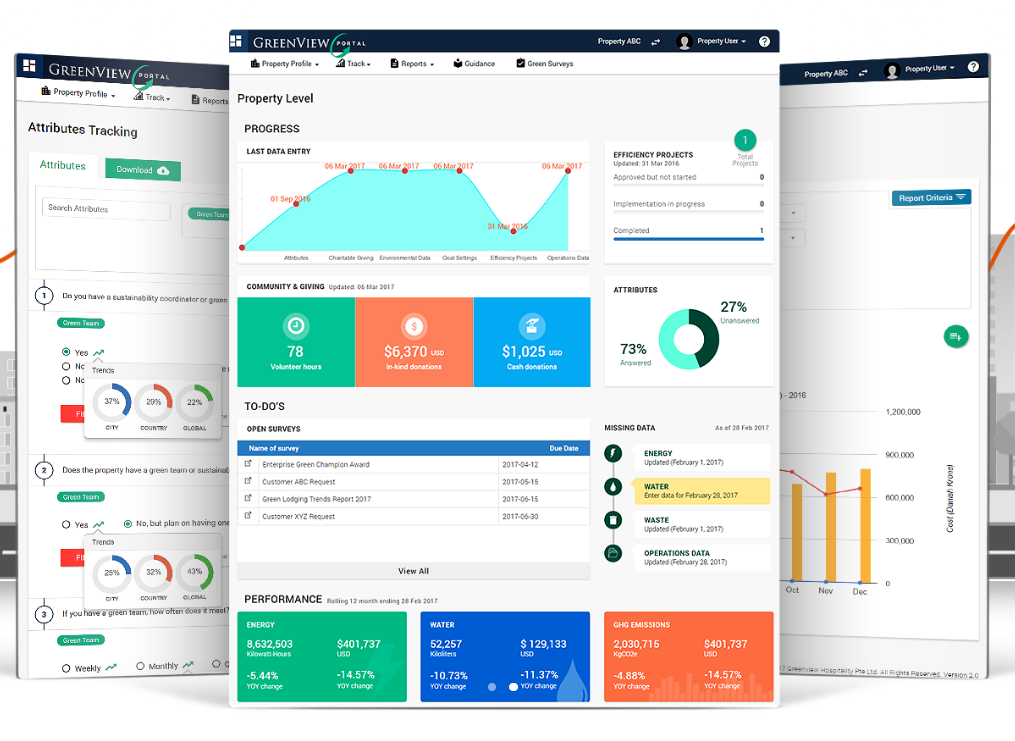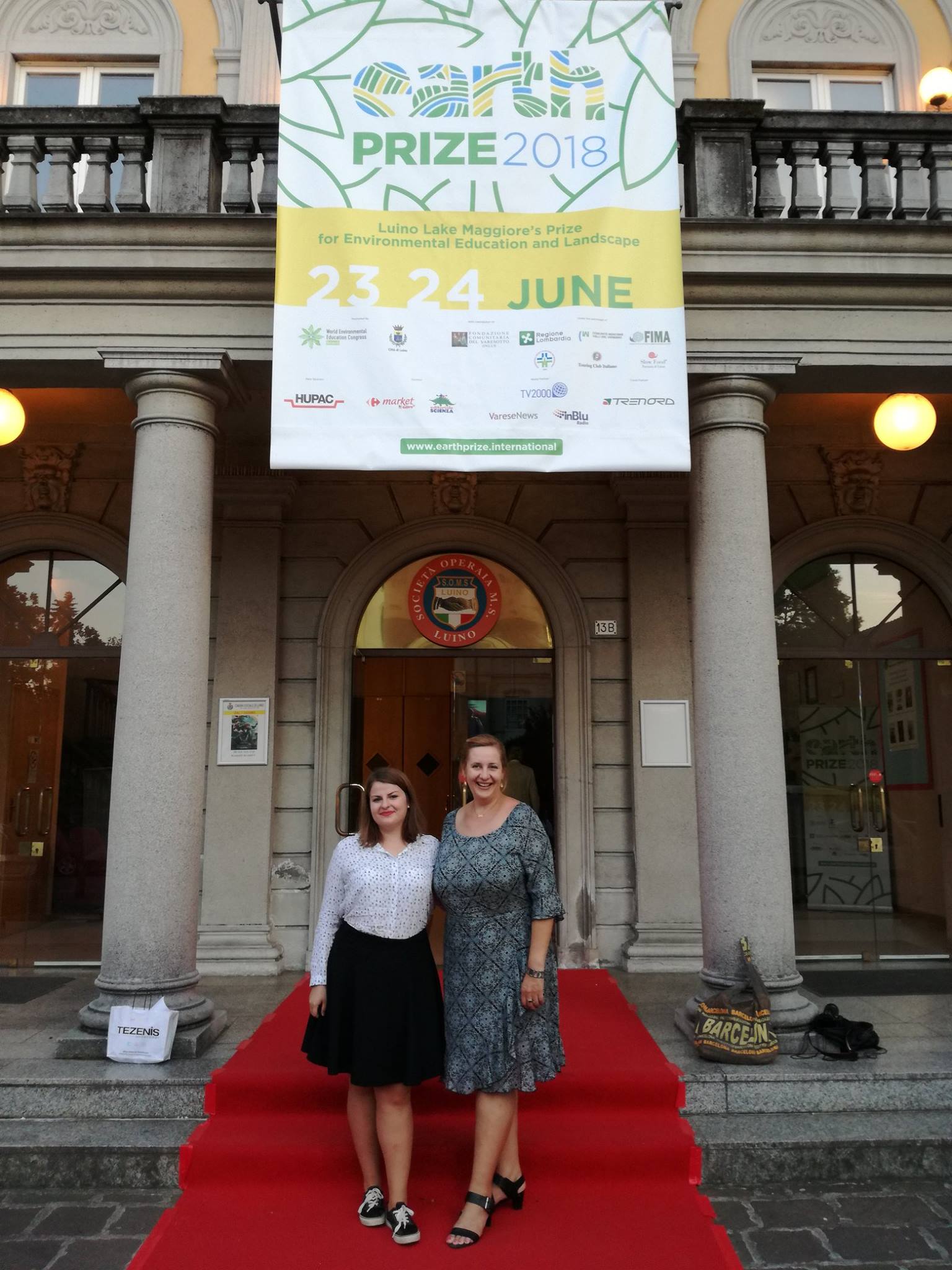Green Key is happy to renew the agreement with Drinkable Air Technologies LLC. Drinkable Air products support a lower environmental footprint by reducing water consumption from other sources and minimising the production and disposal of plastic water bottles.
Drinkable Air Technologies LLC is a US based Emerging Growth Technology Company that designs, manufactures, assembles and distributes Atmospheric Water Generators ("AWG's").
The AWGs of Drinkable Air, Inc. create an unlimited supply of pure drinking water from "the moisture in the air". The purity, freshness, and taste of the water produced are superior to expensive bottled water options with the cost savings easily demonstrated. Drinkable Air products are now in 40 countries. Today the company offers three scalable (from 10 litres to 280 litres of water per day) products that can extract humidity from the atmosphere. The technology utilizes the principles of condensation (the same way nature creates rain) to create water where there is no water. These units do not require plumbing or piping. The water is produced, stored and purified by a process which ensures the water is free of bacteria, viruses and impurities and has a superior alkaline value. Water is then dispensed from the units to the end-user as needed.
More information about Drinkable Air® can be found on their website: www.drinkableair.tech











